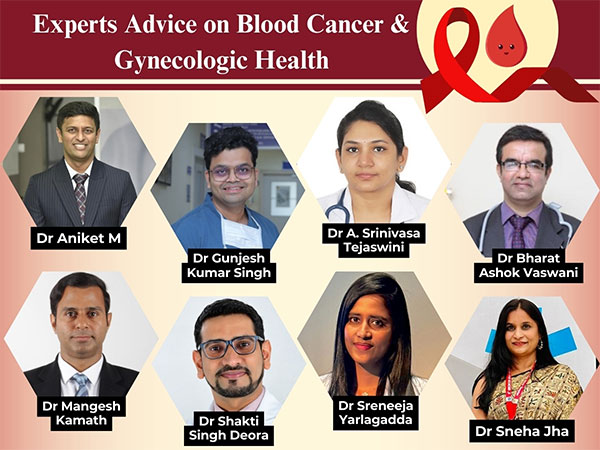October Focuses on Cancer Awareness: Blood and Gynecologic Health in Spotlight
October, Cancer Awareness Month, highlights blood and gynecologic cancers. Experts stress early detection and regular screenings for prevention. This article compiles insights from top medical professionals on symptoms, treatments, and the significance of timely medical care to improve patient outcomes.

- Country:
- India
October marks Cancer Awareness Month, with a particular focus on blood cancer and gynecologic health. Blood cancers, including leukaemia and lymphoma, span across all age groups, while gynecologic cancers notably affect women's health. Dr. A. Srinivasa Tejaswini emphasizes the importance of early detection and preventative measures such as HPV vaccination and routine screenings like Pap smears to catch cancers early.
Dr. Aniket Mohite states that advancements in diagnostic tools and targeted therapies have significantly changed the outlook for blood cancer patients, shifting the narrative from incurable to treatable. Similarly, Dr. Bharat Ashok Vaswani highlights recent medical advancements in treating gynecologic cancers, including precision medicine and targeted therapies, which have significantly improved patient survival rates.
Dr. Gunjesh Kumar Singh underscores that awareness and early detection can lead to curability in many blood cancer cases. Sharing survivor stories and promoting regular health check-ups are pivotal in educating the public. Dr. Sneha Jha and Dr. Sreenija Yarlagadda shed light on the critical role of radiation therapy and early preventive measures in tackling cervical cancer, one of the most preventable yet prevalent cancers among Indian women. By staying informed, proactive, and prioritizing health, the impact of these cancers can be significantly mitigated.
(With inputs from agencies.)










